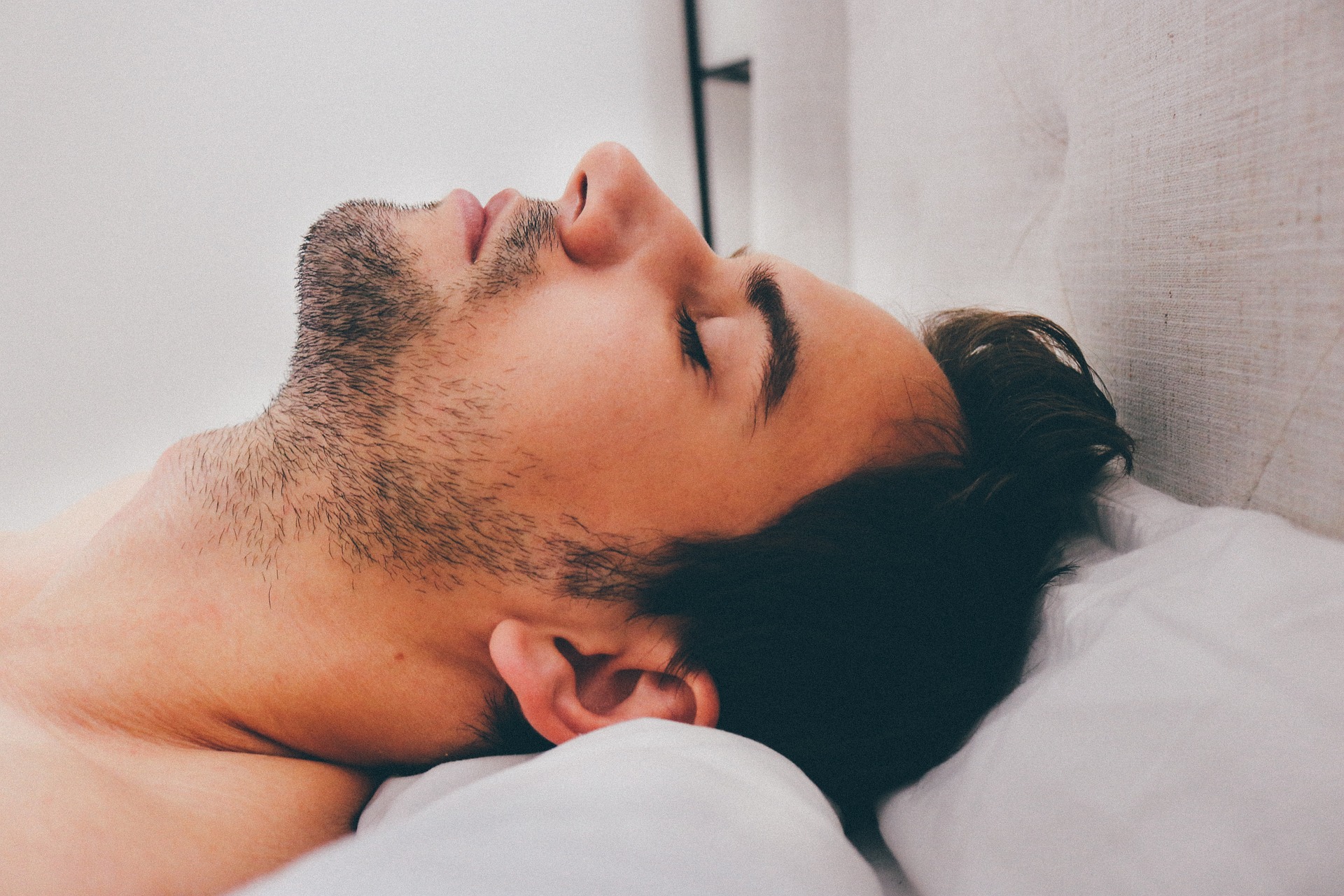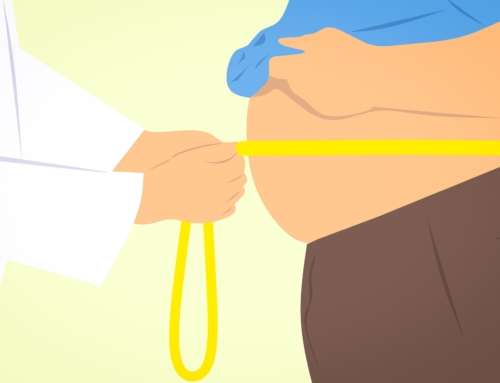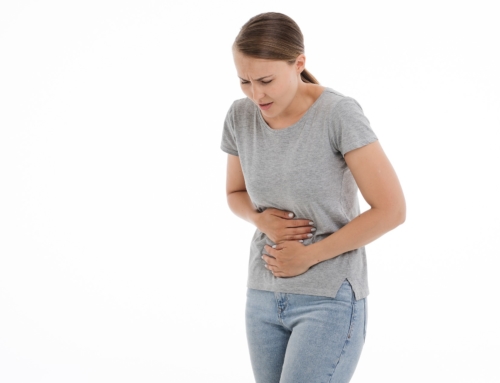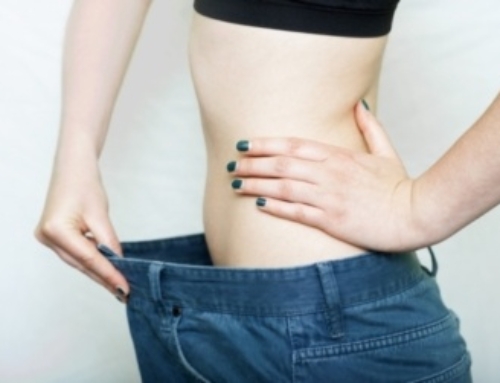Sleep apnea is often written off as no big deal or not even thought of at all. Approximately 25% of men and 10% of women have sleep apnea and even more don’t realize it. While it is true that obesity is a contributing factor you can have sleep apnea even if you are thin and it doesn’t matter what age.
Many people avoid addressing this because they don’t want to have to use a CPAP machine but let me tell you why this is so important. If you quit breathing every night your body goes into a crisis mode. Then because your body is in a fight-or-flight response you become more likely to have high blood sugars, high blood pressure and become overweight. The sex hormones (testosterone) start to drop because when your body is in a crisis mode the last thing it wants you to do is think about sex and try to reproduce. If you don’t address the sleep apnea then these problems persist and the result is feeling fatigued, low libido and for men erectile dysfunction as well as all the medical issues mentioned above.
See how important addressing this is??? READ ON to see if you could have sleep apnea….
The more questions you answer yes to then you might want to see a sleep specialist:
- Do you snore?
- Do you feel fatigued during the day?
- Do you wake up tried even after a good nights rest?
- Do you wake up startled or gasping for air while sleeping?
- Have you been told you stop breathing at night?
- Do you have high blood pressure?
- Do you have low Testosterone (for men)?
- If your body mass index greater than 28?
- Do you have a wide neck? (men greater than 17 inches around and women greater than 16 inches)
There is also a sleepiness scale that can help guide you called the Epworth Sleepiness Scale. Answer each section with the following scale and then total the number.
- Would never doze
- Sight chance of dozing
- Moderate chance of dozing
- High chance of dozing
Here are the scenarios of how likely you are to doze off in these situations>
Sitting and reading
Watching TV
Sitting in a car as a passenger
Sitting in active in a public place (movie, meeting, etc)
Lying down to rest
Sitting and talking to someone
Sitting quietly after lunch
Sitting in a car stopped in traffic for a few minutes
Now add your score:
- 0-9. normal
- 10-12. borderline
- 12-24 sleepy
If you have anything above a 10 then you have excessive daytime sleepiness. The higher the number the more issues you may have.
If you have a borderline or high number and have several questions that make you suspect that you have sleep apnea then go get a sleep study. Good news is that many times you can do one at home which makes this so much easier. Insurance companies sometimes require a formal one in order to pay for a CPAP machine. Just because you have sleep apnea doesn’t mean you have to use a machine. If appropriate certain mouth devices may help as well as a surgical procedure may be an option. If you have sleep apnea and your machine is greater than 3-4 years old it might be time to get a new one because the technology has drastically improved.
Many people (approximately 52%) of people using a CPAP machine still report excessive sleepiness during the day. This is because there may be a link between obstructive sleep apnea and neuronal changes in the brain. For these cases there are “wake-promoting agents” that may be useful which target the dopamine transports and inhibit dopamine reuptake. Interestingly, CNS stimulants like Adderall, etc don’t usually help sleepiness associated with obstructive sleep apnea.
An extreme form of sleepiness called Narcolepsy is usually not connected with sleep apnea and has a whole different set of symptoms that may mimic sleep apnea but typically has disrupted REM sleep for other reasons. This results in excess daytime sleepiness, cataplexy (brief sudden loss of muscle tone without losing consciousness), disrupted nighttime sleep, sleep paralysis and vivid dream like experiences when falling asleep or waking up. There are treatments for this and the usual test is a daytime sleep study.
If you think you have sleep apnea, then for your own longevity please get evaluated for it and if you do have it then USE YOUR MACHINE!!
To your health,
Laura









